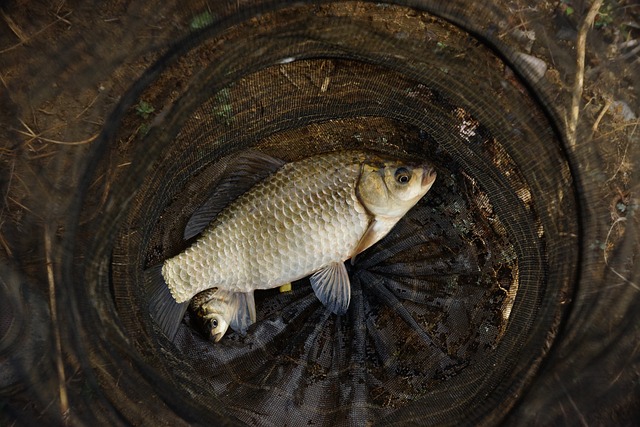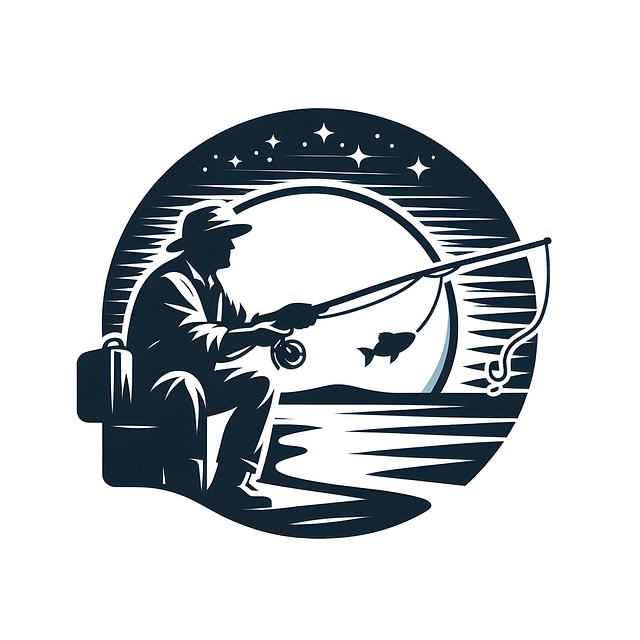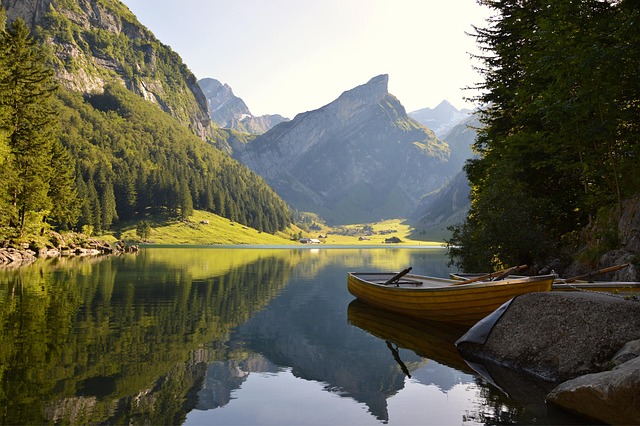Licensed guides are crucial for successful fishing derbies and competitions, offering expertise in local spots, seasonal patterns, and fish behavior. Their knowledge ensures safety, boosts catch rates, and adheres to regulations, catering to all skill levels. Hiring a guide enhances the experience, provides access to prime locations, and offers state-of-the-art gear. Adhering to safety and legal considerations, including proper gear, waste management, and regional regulations, is vital for a memorable and fair competition. Strategic planning with permits, gear, bait, and weather updates maximizes success in these events.
Fishing charters offer an unparalleled experience, and licensed guides play a pivotal role in ensuring memorable trips. This article delves into the essential services these professionals provide, enhancing angling adventures with expert knowledge. We explore how licensed guides elevate fishing experiences, from safety measures during competitive events like fishing derbies to navigating legalities in organized competitions. Discover the benefits of their licenses and unique skills, offering insights for aspiring anglers to prepare for success in these exciting events.
- The Role of Licensed Guides in Fishing Charters
- Enhancing Fishing Experiences through Professional Guidance
- Benefits and Requirements for Charter Guide Licenses
- Safety Measures and Best Practices for Fishing Derbies
- Legal Considerations and Regulations for Competitive Angling
- Preparing for Success: Tips for Fishing Competitions
The Role of Licensed Guides in Fishing Charters

Licensed guides play a pivotal role in the world of fishing charters, ensuring a safe and successful experience for anglers. Their expertise extends beyond local waters and fishing techniques; they are well-versed in navigating diverse fishing spots, understanding seasonal patterns, and predicting fish behavior. This knowledge is invaluable, especially during high-pressure situations like fishing derbies and competitions where every advantage counts.
Guides not only facilitate access to prime fishing locations but also adhere to strict regulations, ensuring ethical practices that preserve the ecosystem for future generations of anglers. Their presence enhances safety, as they possess the skills to handle various aquatic environments, from calm lakes to turbulent seas, accommodating all skill levels and adapting their approach accordingly.
Enhancing Fishing Experiences through Professional Guidance

Hiring a licensed guide for your next fishing charter can significantly enhance your experience, especially if you’re planning to participate in fishing derbies or competitions. These professionals possess an in-depth understanding of local waters, which allows them to navigate to the best spots, regardless of the season or weather conditions. With their expertise, anglers stand a higher chance of reeling in prize-worthy catches, making every trip an exciting and memorable event.
Guides are also equipped with state-of-the-art gear and equipment tailored for different fishing styles and species. They can provide valuable tips and techniques to improve your skills, ensuring you make the most of each excursion. Moreover, their knowledge of local regulations ensures compliance, allowing anglers to focus on enjoying the experience without legal concerns. Whether you’re a seasoned veteran or a novice, professional guidance promises to elevate your fishing adventures, especially when competing in prestigious derbies.
Benefits and Requirements for Charter Guide Licenses

Licensed guide services play a pivotal role in enhancing the fishing experience, especially during derbies and competitions where pressure is high and knowledge matters. The benefits of employing a charter guide with a valid license are manifold. Firstly, they possess specialized skills and expertise that enable them to navigate various fishing spots, ensuring anglers have access to prime locations often hidden from the untrained eye. These guides are equipped to handle different fishing techniques and can adapt their approach based on real-time conditions, thereby increasing catch rates significantly.
Obtaining a charter guide license involves meeting stringent requirements set by regulatory bodies. This typically includes rigorous training programs that educate guides about marine ecosystems, safety protocols, and responsible angling practices. They must demonstrate proficiency in navigation, weather forecasting, and first aid to ensure the well-being of all clients on board. Additionally, licensed guides are up-to-date with local fishing regulations, including size limits, catch quotas, and closed seasons, which is crucial for participating in organized fishing derbies and competitions where adherence to rules is essential.
Safety Measures and Best Practices for Fishing Derbies

When participating in fishing derbies or competitions, safety should always be a top priority for both organizers and competitors alike. Before setting out, ensure that all necessary safety equipment is on board, including life jackets, floatation devices, and a well-stocked first aid kit. Familiarize yourself with local marine conditions, weather forecasts, and any potential hazards specific to the derby’s location. Communicate clearly with your crew or fellow competitors about emergency protocols and always stay within designated fishing areas to avoid getting lost or causing disruptions.
Adhering to best practices is equally crucial for a safe and enjoyable fishing derby experience. Respect marine life by following catch-and-release guidelines if applicable, using appropriate hook sizes, and handling fish carefully to minimize damage. Keep your surroundings clear of debris to prevent accidents, and be mindful of other participants’ space to avoid collisions. Regularly check and maintain your fishing gear to prevent sudden failures, and always practice responsible waste management by properly disposing of any trash generated during the event.
Legal Considerations and Regulations for Competitive Angling

When it comes to competitive fishing, or participating in fishing derbies, adhering to legal considerations and regulations is paramount. Each region has its own set of rules governing such events, ensuring fairness, conservation, and safety. These guidelines often dictate the types of licenses required for both organizers and anglers, as well as any restrictions on the species targeted, catch limits, and methods of fishing allowed. Anglers must possess the appropriate permits to ensure their participation doesn’t violate any local or state laws.
Fishing derbies and competitions are subject to strict regulations aimed at preserving marine ecosystems. This includes measures to prevent overfishing by setting quotas, prohibiting the use of certain harmful gear, and mandating specific size limits for captured fish. Staying informed about these rules is crucial for anyone involved in competitive angling to avoid penalties and contribute to the sustainable management of aquatic resources.
Preparing for Success: Tips for Fishing Competitions

Preparing for success in fishing derbies and competitions requires careful planning and preparation. Firstly, ensure you have the necessary permits and licenses to participate, as regulations vary by region. Next, assemble a well-equipped fishing gear kit tailored to the competition’s rules and the local water conditions. This includes choosing the right bait and lures that align with the tournament’s guidelines.
Additionally, familiarize yourself with the competition format, whether it’s catch and release or keeping a certain number of fish. Practice different casting techniques and refine your hook setting skills to increase your chances of landing a quality catch. Lastly, stay informed about weather forecasts and water conditions leading up to the event, as these factors significantly impact fishing success.






